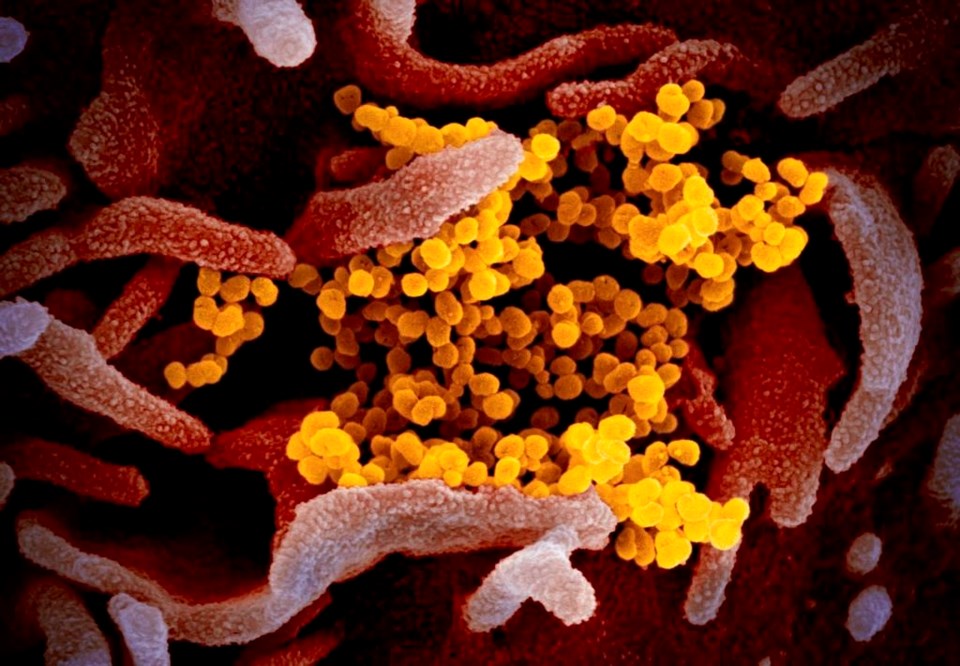Thousands of scientists around the world are working on problems raised by the COVID-19 pandemic. Here is a summary of some recent research from peer-reviewed academic journals and scientific agencies:
---
A study published in the Proceedings of the National Academy of Sciences has estimated the impact of Italy's public health moves to limit the spread of the novel coronavirus. It concluded that the restrictions on mobility and other measures taken reduced transmission of the virus by 45 per cent. That translates into 200,000 fewer hospitalizations from Feb. 22 to March 25. Without such measures, the study estimates each person with the virus would have infected, on average, 3.6 other people.
---
A survey conducted at the University of Sherbrooke suggests Quebecers are much more confident in government responses to the COVID-19 pandemic than other Canadians. Half of Quebecers questioned had very high confidence compared with 27 per cent outside Quebec. Other findings: 51 per cent of Canadians believed the coronavirus is a natural phenomenon; 38 per cent believed the government is hiding information; 15 per cent believed the pharmaceutical industry is helping spread the virus; 21 per cent believed there is already a drug that can treat it. The survey questioned 600 people (300 in Quebec and 300 outside Quebec) April 8-11.
---
The blog Retraction Watch has noted that the journal Practical Preventive Medicine has retracted a paper claiming that aerosolized novel coronavirus — from breath, coughs or sneezes — could be spread nearly five metres, twice as far as previously thought. The Chinese-language journal didn't respond to queries from the blog as to why. Several Chinese COVID-19 studies have been retracted. Retraction Watch points to speculation that the retractions are the result of recent government policy in that country requiring scientists to get approval to publish — or publicize — their results.
---
Chicago's Field Museum is reporting that the association between bats and coronaviruses similar to the one that causes COVID-19 goes back millions of years. After examining thousands of blood samples from 36 different African bat species, researchers found eight per cent of them carried coronaviruses. Different bat species carried different coronaviruses, suggesting the two evolved together. Researchers also concluded their data shows transmission of viruses between species is very rare.
---
A commentary for the British journal The Lancet lists eight risks for sound public-health decision-making in times of crisis. They are: complacency as initial fear fades; embarrassment when people see infections or lapses in following health guidelines as personal failures; neglect of other needs such as sleep or exercise; mental-health erosion from isolation or distancing; confusion caused by the time it takes for dependable information on trends to emerge; desire for a return to normalcy; adherence to social norms such as shaking hands or hugging; hindsight criticism of decisions made with incomplete information.
---
A non-peer-reviewed international paper is warning that single tests for the presence of the novel coronavirus may not be detecting all infections. After examining five different testing studies on 957 patients, the authors warn that false negative results were returned in up to 29 per cent of cases. Although they acknowledge their conclusions are weakened by the difficulty of comparing different studies, they say repeated testing is important for patients suspected of carrying the virus.
This report by The Canadian Press was first published April 24, 2020
Bob Weber, The Canadian Press



